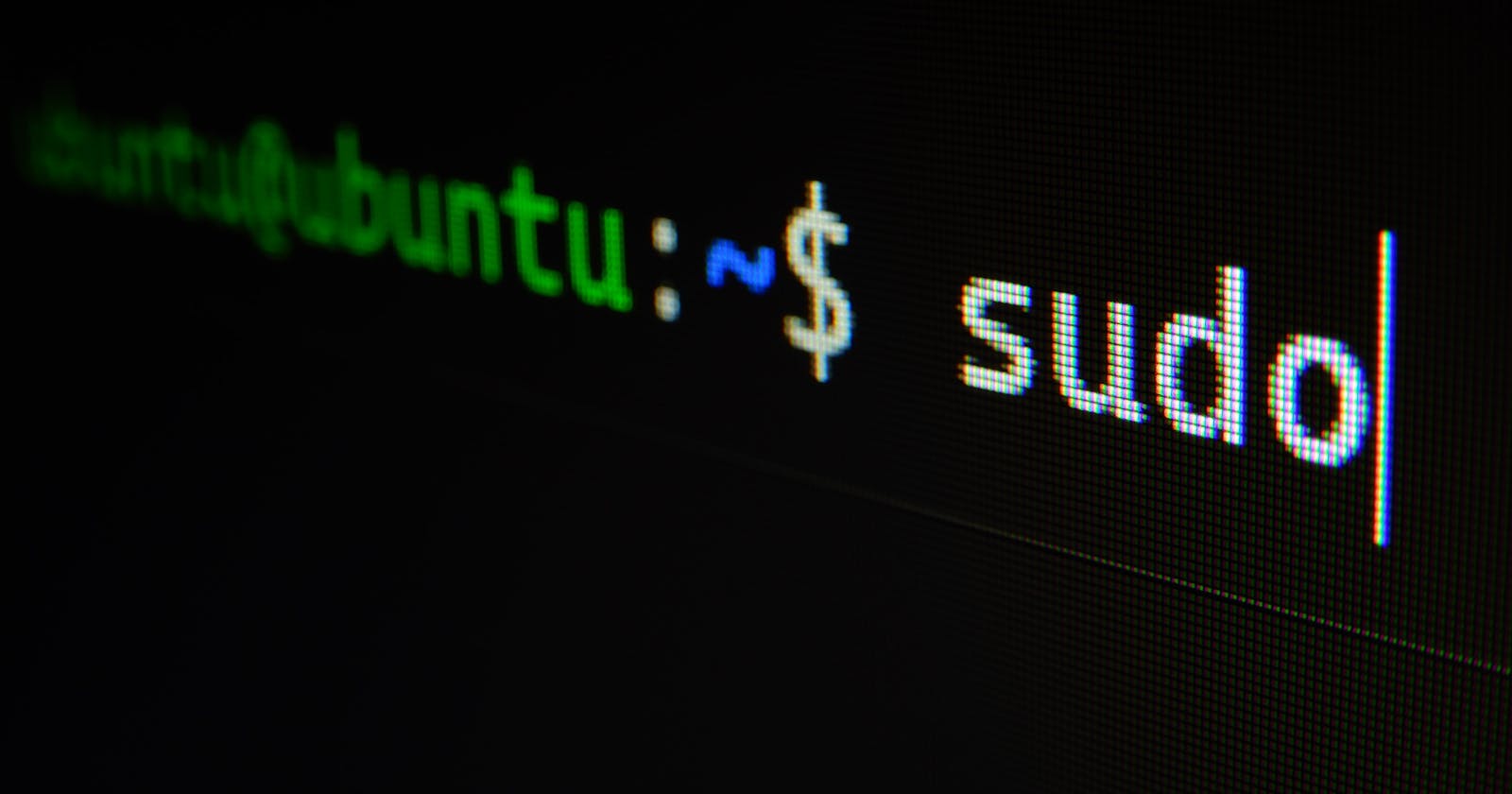Table of contents
No headings in the article.
A kernel of distributed projects such as - RedHat, GNU etc.
Linux Kernel - It is a free and open source, Unix-like OS kernel, that directly talks to the hardware of the system. It manages the resources and processes, though Linux ≠ Unix.
It is created by Linus Torvalds in the year 1991. He also created the distributed version control System which is known as - Git.
Linux was originally developed for personal computers based on the Intel x86 architecture but has since been ported to more platforms than any other operating system. Because of the dominance of Linux-based Android on smartphones, Linux, including Android, has the largest installed base of all general-purpose operating systems, as of May 2022.
Linux Distributions - There are 3 most widely used distributions: 1. Ubuntu - most used 2. RedHat - Business side, usually paid 3. Kali Linux
Ubuntu is built on Debian's architecture and infrastructure, and comprises Linux server, desktop and discontinued phone and tablet operating system versions. Ubuntu releases updated versions predictably every six months, and each release receives free support for nine months (eighteen months before 13.04)with security fixes, high-impact bug fixes and conservative, substantially beneficial low-risk bug fixes. The first release was in October 2004.
Ubuntu packages are based on packages from Debian's unstable branch, which are synchronised every six months. Both distributions use Debian's deb package format and package management tools (e.g. APT and Ubuntu Software). Debian and Ubuntu packages are not necessarily binary compatible with each other, however, so packages may need to be rebuilt from source to be used in Ubuntu. Many Ubuntu developers are also maintainers of key packages within Debian. Ubuntu cooperates with Debian by pushing changes back to Debian, although there has been criticism that this does not happen often enough. Ian Murdock, the founder of Debian, had expressed concern about Ubuntu packages potentially diverging too far from Debian to remain compatible. Before release, packages are imported from Debian unstable continuously and merged with Ubuntu-specific modifications. One month before release, imports are frozen, and packagers then work to ensure that the frozen features interoperate well together.
Ubuntu has 3 free editions, open source available to the users. First is the Desktop version, Server Edition & Core Edition.
Reasons to use Linux - Let's keep them short and convenient for y'all to read. 1. Provides better security 2. More efficient 3. open source 4. community support 5. privacy 6. user freedom and choice
